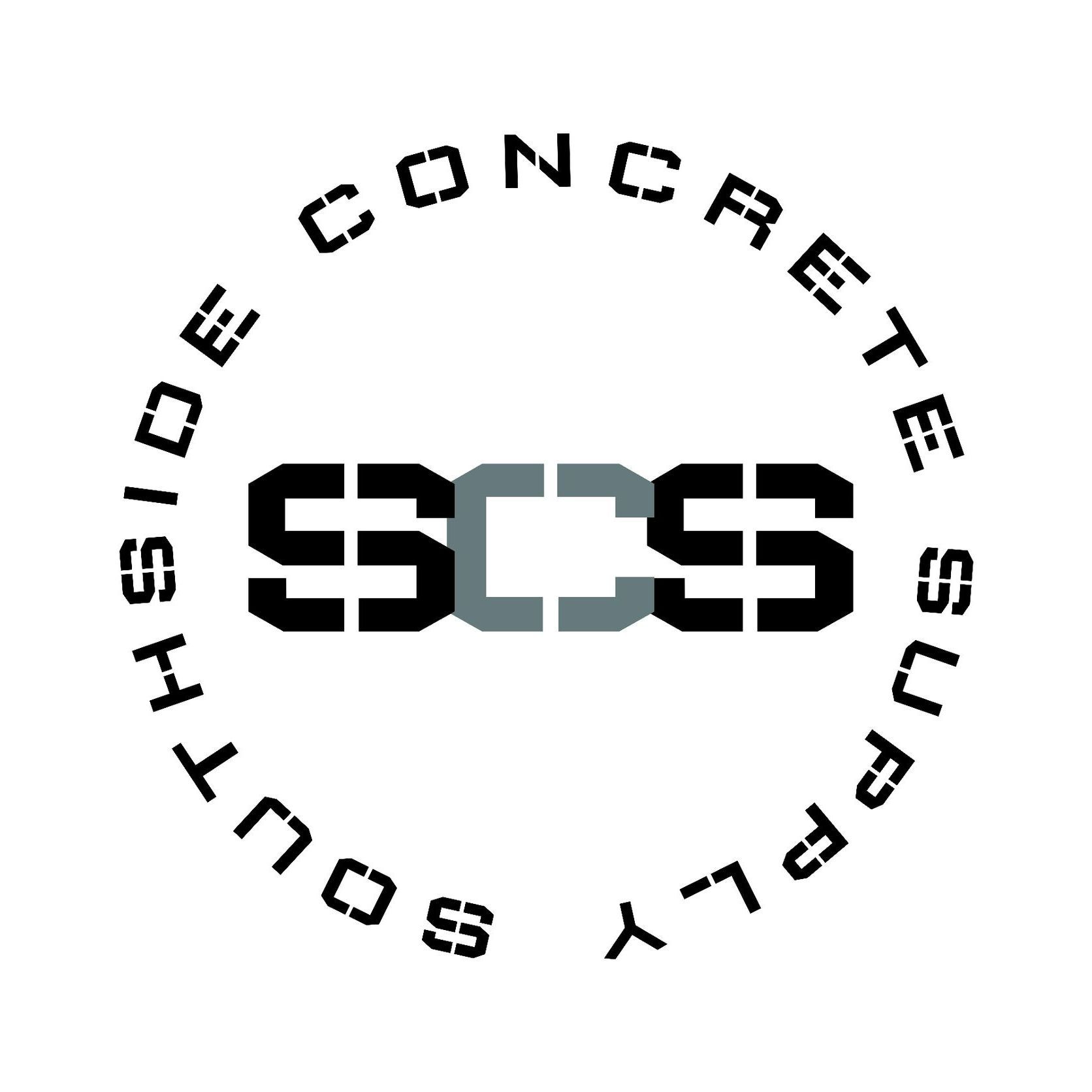FAQs
Southside Concrete Supply, LLC
Have a concrete-related question? We have the answer. Check out these FAQs and give us a call today for more information!
-
What is the ideal season to undertake a concrete project?
At Southside Concrete Supply, LLC, we recommend planning your concrete project during the warmer months, typically from late spring to early fall. This period allows for optimal curing conditions, as we've found that temperatures between 50°F and 90°F are ideal for concrete to set properly. In colder weather, concrete can take longer to cure, which may lead to issues like cracking or weakening. If you need to work in cooler months, our concrete supplier in Danville, VA can provide advice on using additives to help with the curing process.
-
How do I maintain my new concrete driveway?
We've found that to maintain your new concrete driveway, regularly clean it, apply a sealer every two to three years, avoid de-icing chemicals in winter, control weeds, limit heavy loads, and promptly repair any cracks. For more tips, contact our concrete supplier in Danville, VA!
-
How do I prepare my site for a concrete pour?
To prepare your site for a concrete pour, start by clearing the area of debris and vegetation, ensuring proper drainage with graded slopes, and setting up forms to define the shape. Compact the soil for stability, install reinforcement if needed, and double-check measurements before the pour. For expert advice and materials as well as more info on our ready mix concrete in Danville, VA, reach out today!
-
Would weather stop you from pouring concrete?
Our concrete supplier in Danville, VA has found that the combination of below-freezing temperatures and rain may affect the quality of poured concrete. Instead, it's wise to plan your concrete project during warmer weather.
-
What are the benefits of choosing concrete over asphalt?
Choosing ready mix concrete in Danville, VA over asphalt offers several benefits, including greater durability and a longer lifespan, lower maintenance costs, and better resistance to weather conditions. Concrete also provides a smoother, lighter-reflective surface, which can help reduce heat absorption and improve safety. Additionally, it is less prone to cracking and shifting, making it an excellent long-term investment. According to Bob Vila, a concrete driveway should last about 30 to 40 years with proper maintenance!
Learn More About
Southside Concrete Supply
Serving the Danville, VA area, Southside Concrete Supply, LLC specializes in residential and commercial concrete services. Free same-day estimates. Quick turnaround times. Seamless workmanship. Call us today.

serving Area
Campbell County, VA
Halifax County, VA
Rockingham County, NC
Pittsylvania County, VA
Caswell County, NC
Person County, NC
Franklin County, VA
Business Hours
- Mon - Fri
- -
- Sat - Sun
- Closed

Share On: